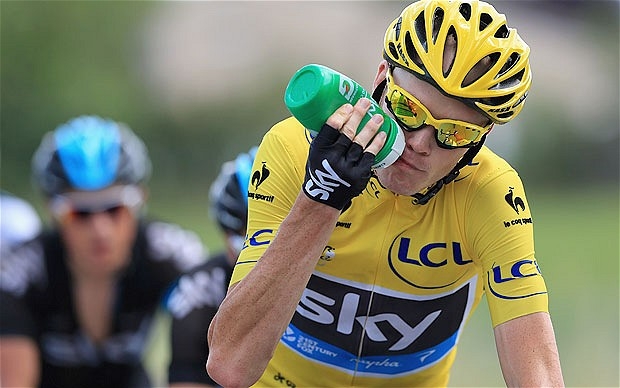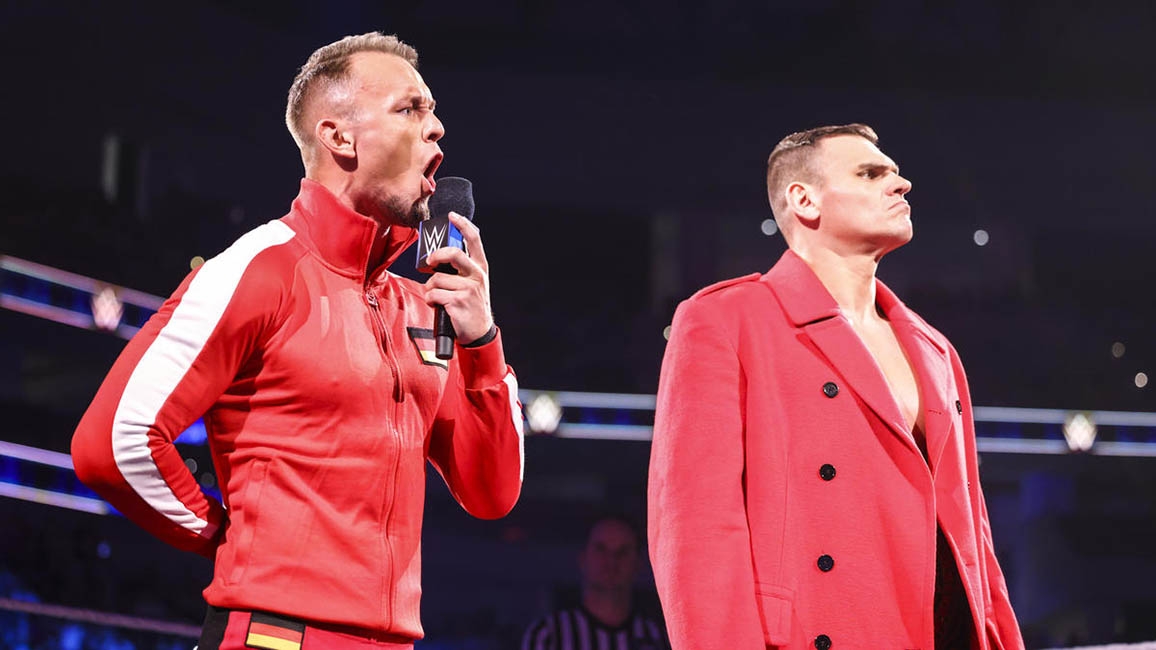
No Longer a Tour de Force
Normally, any 100th anniversary would be cause for fanfare, adulation, celebration. Case in point: the Queen’s Gaels and RMC Paladins played their first hockey match-up on the Kingston Harbour in 1886. One hundred years later, the Carr-Harris Cup was established to commemorate the sport’s oldest rivalry.
Even as the quality of the annual regular-season contest has faded in recent years, the Carr-Harris has persisted, extending the commemoration of Queen’s-RMC’s centennial into even further decades. The game continues to be a staple of both school’s athletic seasons, attracting record crowds to the downtown K-Rock Centre. Milestones aren’t deterred by mediocrity; a century of longevity, in any case, deserves to be remembered.

That’s why it was jarring to see the 100th Tour de France come and go this month with such little notice. The centennial of any sport’s most revered event is assuredly monumental, but 2013 paled in comparison to any other iteration of the Tour in the 21st century. Interest has waned since the denouement of Lance Armstrong’s doping case, subsiding in conjunction with the ex-rider’s diminished public profile. As the vilified former champion lost sponsors, North American fans lost interest in the annual circuit of the European countryside.
Since 1999, the Tour has developed many sources of intrigue: Armstrong’s push for a record number of Tour championships, his brief comeback stint in 2009 and the litany of dopers that were culled from cycling before Armstrong. Absent any on-course heroics or off-course controversy, there were few reasons to tune in this year. Stateside media coverage seemed limited to crashes, the increasingly common and increasingly irritating trend of fans sprinting alongside riders, and the apparent exaggeration of eventual champ Chris Froome’s long-time battle with infection.

That momentary jolt of controversy wasn’t enough to entice viewers. Anecdotally, SportsCentre seemed particularly disinclined to feature cycling above baseball or other trivial results of the day, especially without many compelling storylines or implications for further international meets, like last year’s Summer Olympics.
The struggles of Canadian star Ryder Hesjedal certainly didn’t help national attention. Hesjedal placed sixth at the 2010 Tour and won last year’s Giro d’Italia – the annual spring prelude to the Tour de France in July. Unfortunately, he was forced to withdraw midway through this year’s Giro and broke his rib in the first stage of the Tour, soldiering on for three weeks to finish 70th. He should be commended for showing such grit and resilience, traits that scores of Canadian athletes in more mainstream sports are heralded for. Still, as he fell further and further behind, the somewhat heightened Canadian attention from previous years was nonexistent.
Felled by crashes in consecutive Tours, Hesjedal’s misfortune exemplifies the erratic nature of competitive cycling: one day you’re on top, the next, you’re down. One day cycling is relevant, and relegated to the back pages soon after. In the years following the Mitchell Report and the height of baseball’s Steroid Era, fans felt cheated by the sheer lack of integrity. Those who followed the Tour intently in Armstrong’s heyday seem more ambivalent now; the cheating could be excused for the benefit of the spectacle. Fanfare aside, it’s now just a race, and that doesn’t seem like enough.








